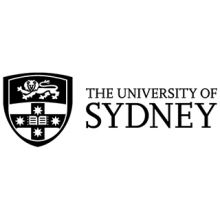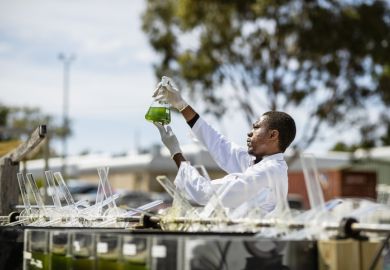Complaints about Australian researchers are common but actual misconduct is relatively rare, a study of the country’s research-intensive universities suggests.
Research integrity offices at Group of Eight universities typically field dozens of complaints a year. But around one-third are about human resources problems or differences of academic opinion, and are referred elsewhere or resolved by the disputing parties. Barely one in 10 triggers formal investigation.
The findings, from a stocktake of the caseloads of Go8 research integrity officials, were presented during the World Conference on Research Integrity in Hong Kong. The study was designed to build public trust in university research by shedding light on the nature of complaints and how they are handled.
University of Sydney research integrity director Rebecca Halligan said the participating institutions attracted “reasonable volumes” of complaints, but only a minority warranted formal action or sanctions.
Across the eight universities, almost 630 complaints were lodged between 2014 and 2017. About 400 involved possible breaches of the Australian Code for the Responsible Conduct of Research and were referred for preliminary assessment.
The assessments uncovered 145 breaches of the code, with about 35 necessitating “corrective actions” by the universities involved. The public record was corrected on about 50 occasions and counselling or training ensued in about 80 instances. “We do a lot of counselling,” Dr Halligan told Times Higher Education.
She said breaches of the code were often the research equivalent of driving too fast or forgetting to wear a seatbelt. The sheer speed of change in research procedures left academics struggling to keep abreast of requirements. “A lot of the things we see are suboptimal practices – people rushing or trying to do something not [consistent with] contemporary expectations and standards,” she said.
Less than half of the breaches warranted formal investigation as potential research misconduct, which – under the Australian definition in force at the time – constituted deliberate, reckless or negligent breaches which caused serious consequences such as harm to participants. Forty-one such instances were identified, leading to dismissal or non-renewal of contracts in fewer than 10 cases.
While the study found considerable variation in the number of complaints at each institution, Dr Halligan said this was because of differences in the ease of finding suitable places to take unrelated problems. Overall, the frequency of serious infractions such as misconduct correlated with institutions’ size. Disciplines with more researchers also attracted more complaints, with almost half involving health and medical research.
The study found that the number of plagiarism allegations had risen each year – possibly reflecting the increased use of detection software – and accounted for almost one in five complaints overall. Accusations of fabrication, by contrast, declined over the four-year period and represented about one in eight allegations.
Disputes about authorship were relatively common, comprising 18 per cent of complaints. Dr Halligan said many academics took the pecking order of authors very seriously, although their concerns were somewhat alleviated by journals’ increasing tendency to acknowledge individual researchers’ contributions.
The study found little year-to-year change in the numbers of complaints or how they were handled. Dr Halligan said she was “optimistic” that the system was functioning well, and that the findings were likely to reflect experiences at non-Go8 universities.
“Whilst we can’t be sure we receive all complaints, a good number are coming through. People, internal and external, are willing and able to raise their issues,” she said.
Register to continue
Why register?
- Registration is free and only takes a moment
- Once registered, you can read 3 articles a month
- Sign up for our newsletter
Subscribe
Or subscribe for unlimited access to:
- Unlimited access to news, views, insights & reviews
- Digital editions
- Digital access to THE’s university and college rankings analysis
Already registered or a current subscriber?










